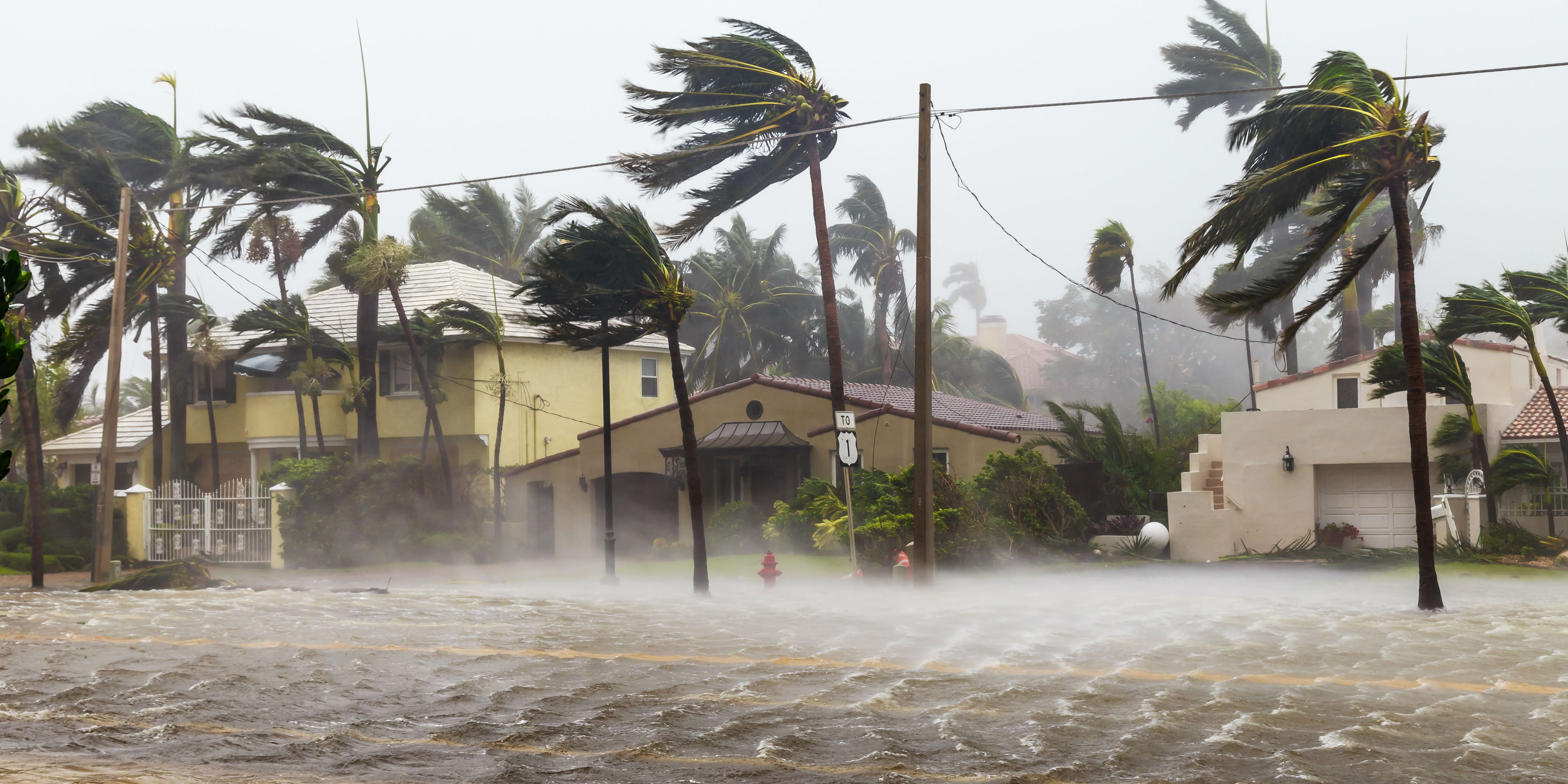Traveling to the Caribbean during hurricane season can be quite tricky — with some years having only a handful of hurricanes threatening tourist areas, while other years having an increase of hurricanes.
Purchasing hurricane travel insurance is always an option, especially when traveling to hurricane-prone destinations.
There are, however, factors you should consider before purchasing coverage.
Purchase In Advance
Hurricane travel insurance covers only if a hurricane occurs.
If you wait until a hurricane forms, has been named or actually happens, the insurance provider could claim the hurricane as a “foreseeable event” which would result in coverage ineligibility.
It is vital to purchase hurricane travel insurance well before a storm actually hits.
Read The Fine Print
Many hurricane travel insurance policies have specific guidelines for what counts as hurricane coverage.
Travel Guard, an insurance provider, says that a hurricane must “directly affect your travel arrangements or accommodation…for example, an airport is closed due to the high winds. On the other hand, if you choose to cancel a trip based on what you think might happen — and not because the inclement weather has directly affected your travel arrangement — that would be considered a matter of choice — not a direct loss to your arrangements.”
Word to the wise: always read the fine print.
Learn The Three Primary Scenarios
Advance cancellation, trip interruption, and delay are the three primary scenarios covered by most travel insurance providers.
Advance cancellation covers cancelling your trip prior to departing.
Trip interruption covers the portion of your trip that was interrupted and cut short because of a hurricane.
Delay covers meals, accommodations, and other expenses when your travels are delayed because of a hurricane.
To get full coverage for canceling a trip, it would have to be because the resort shut down due to the hurricane, an airline stops their flights or a tour company cancels for at least 24 hours because of a hurricane.
If you choose to leave because you’re worried about a hurricane occurring in your destination, coverage will most likely be ineligible.
Travel Guard says coverage starts when “you are forced to evacuate your hotel/resort” because of a strike.
Invest In A CFAR
Purchasing a policy that allows you to cancel for any reason (CFAR) is a sure way to avoid the fine print.
The policies allow you to cancel for any reason which includes cancellation because of an anticipated hurricane.
CFAR policies are quite expensive but it gives you the most security of getting coverage in case you’re worried about a hurricane hitting before you get to your destination.
You can compare hurricane travel insurance policies on sites like SquareMouth, InsureMyTrip, QuoteWright or TravelInsurance.com.
